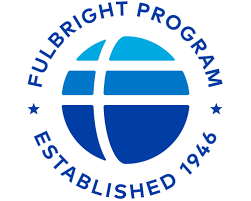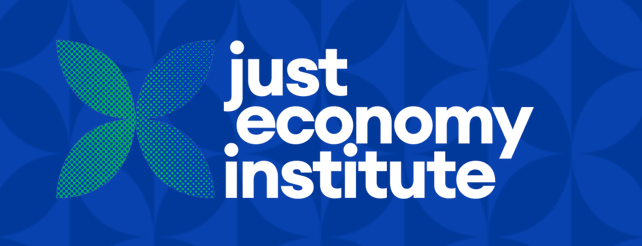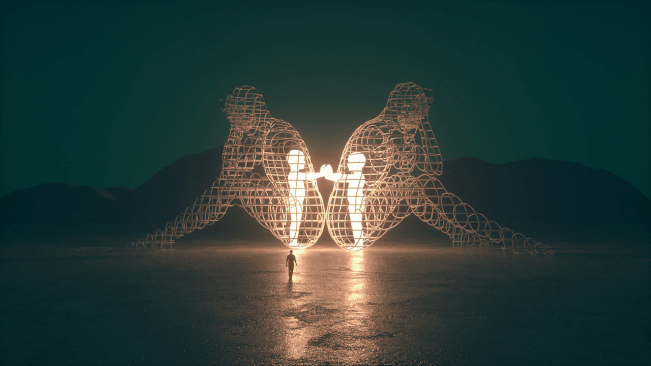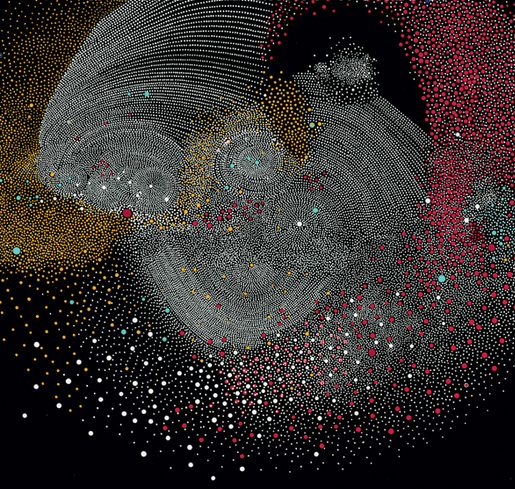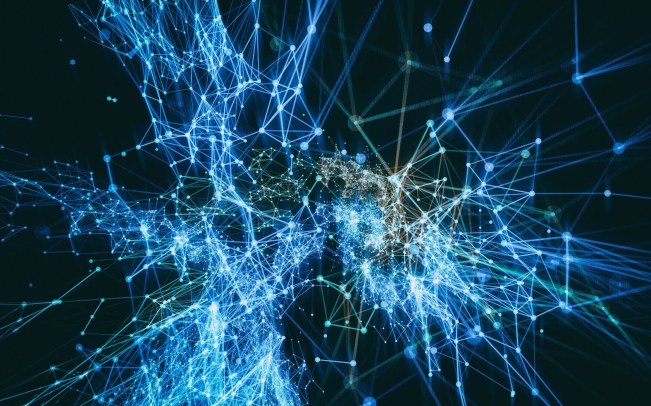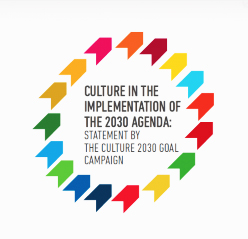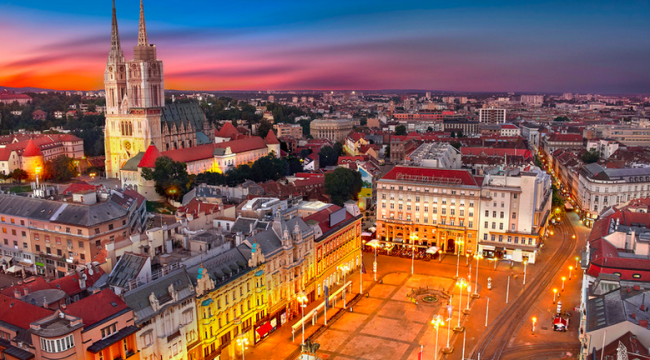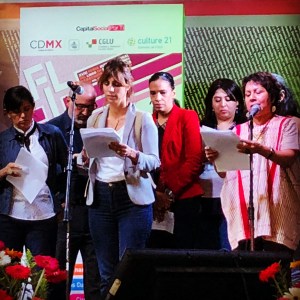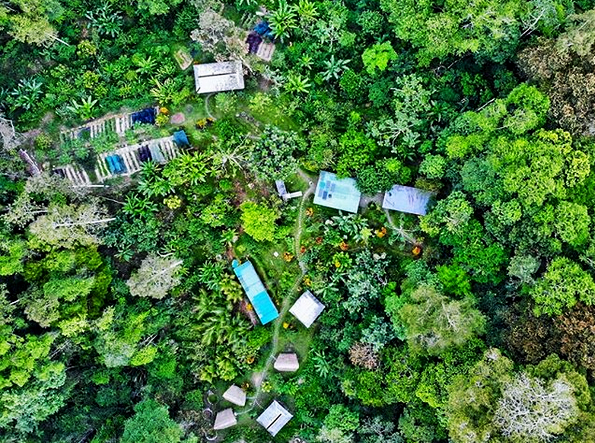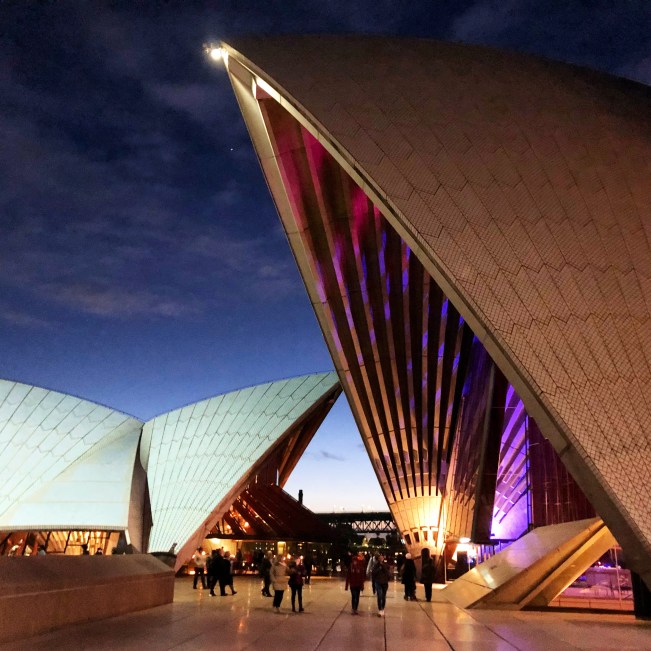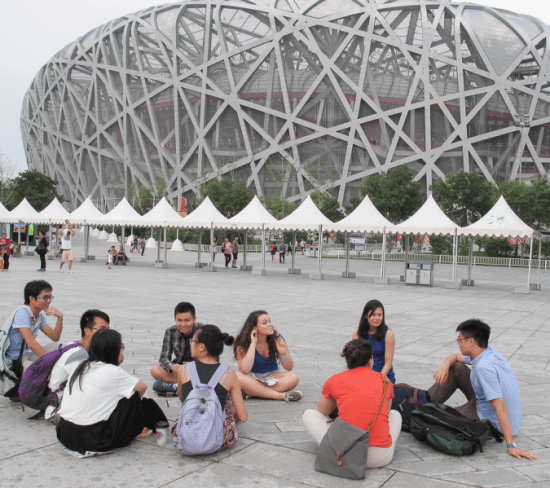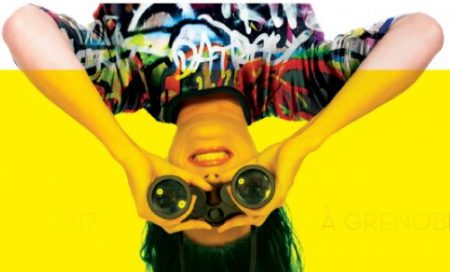To My Fellow Wayfinders,
I’m delighted to share that a new chapter is unfolding in my personal and professional life. This September, I will begin a master’s in Integral Counseling Psychology at the California Institute of Integral Studies. CIIS is unique to the world in the ways it weaves together Western psychological disciplines with intercultural healing and wisdom traditions. Upon completion, I will become a licensed psychotherapist, a role I have in some ways, already been playing. Let me explain…
I’ve worked at the nexus of culture, human imagination, social justice, and systems transformation for 25 years, collaborating with foundations, NGOs, government agencies, and grassroots leaders. I’ve witnessed how artists can sense and illuminate alternative possibilities, offer critical insights into the human condition, and teach us to adapt. I’ve basked in the liberatory power of human imagination and its intrinsic relationship to agency, fueling our capacity to transcend the status quo. I’ve learned that justice is a dynamic reality, not a static goal, requiring diverse collaboration to unleash more expansive ways of engaging with an ever-shifting world. I’ve developed a deep understanding of how culture shapes us and how we shape it back, including our relationships with the world around us and perspectives on how it evolves. I’ve seen how dominant narratives bend our beliefs, worldviews, identities, perceptions, and actions. I’m ceaselessly amazed at how vitality functions in all living systems, including the ecosystems within, and trust that Nature’s lessons can unlock the change we seek.
Most importantly, I’ve come to believe that we are the first system to change and the only one over which we have sovereignty. If we fail to address how dominant culture conditions us, we risk infusing our relationships, practices, policies, and overall ways of being with the very forces we aim to upend. The resulting misalignment hinders our work to repair a broken world, erodes the wellbeing of many working for change, and signals a kind of spiritual dissonance that may be holding our collective transformation hostage. It seems that in all our excitement around belonging, we may have lost sight of becoming.
For us to transform as a society, we have to allow ourselves to be transformed as individuals. And for us to be transformed as individuals, we have to allow for the incompleteness of any of our truths and a real forgiveness for the complexity of human beings.
angel Kyodo williams
As many have said, the issues our species face must move beyond the cultural values and thinking that created them. Dominant culture perpetuates a myth of separation and permanence, manipulating our inner and outer worlds in ways directly contributing to the polycrisis. And while these internal conditions play a key role in enabling harm to persist, they’re often absent from our analyses and remedies. Across disciplines and cultures, there is broad agreement that the most powerful leverage points for lasting change involve exploring the core frameworks of meaning that shape our deepest beliefs. These views are created over time and reinforced by cultural norms and habitual ways of seeing, being, knowing, and acting. Therefore, engaging in inner work, the soil from which external systems grow, is a fundamental aspect of our work to realize a more just and generative world. Severing the two leaves our transformation efforts incomplete and enables the myth of separation to persist. Alternatively, a holistic approach cultivates the conditions necessary to confront uncomfortable truths, (un)learn, and develop new answers to life’s essential questions informed by more expansive and sometimes even paradoxical cultural logics. In doing so, we can discover our unique purpose, realize our potential to flourish, and contribute to genuine repair.
UNESCO defines culture as ‘the set of distinctive spiritual, material, intellectual, and emotional features of society or a social group that encompasses not only art and literature but lifestyles, ways of living together, value systems, traditions, and beliefs.’ I’m excited to research lesser-explored dimensions, particularly how spiritual inquiry can enhance our individual and collective wellbeing and contribute to transformational change. Wisdom traditions have long advocated the personal and societal benefits of cultivating awakened awareness through contemplative practice. Many believe that presence enables us to take accountable action from a place beyond our conditioning, and contemporary research is beginning to catch up.
In a fascinating discovery, clinical psychologist Dr. Lisa Miller of Columbia University, Teachers College, and her partners from Yale have proven that the seat of our spiritual inquiry is innate and inherited. It’s worth noting here that there are critical distinctions between spiritual practices and organized religion. Their work demonstrates that we are physiologically hardwired to engage in and benefit from transcendent awareness but aren’t taking advantage of this ability as well as we could. Their research reveals how contemplative practices activate this capacity, allowing us to transcend the small sense of self, directly correlating to our ability to find purpose, ignite agency, and experience wellbeing.
They assert that the awakened brain is a complementary counterbalance to the hyper-activated achievement-oriented brain regions Western culture disproportionately prioritizes. This research has immense potential implications. Their findings further demonstrate how spiritual inquiry fosters relational emotions of gratitude, humility, awe, curiosity, and empathy—the core capacities needed to engage in the complex work of social change. By learning to balance the awakened brain’s ability to see patterns and emerging relationships with the more achievement-oriented mind, which is outcome-oriented, we are more creative, collaborative, and effective decision-makers. Interestingly, contemplative activities centered on altruism and love of neighbor are most strongly associated with these benefits – a paradoxical insight that calls into question why many people working in the social sector are experiencing burnout. Might the field need a spiritual revolution?
Taking time to slow down and get quiet creates fertile conditions for the new to emerge. Listening deeply allows us to hear what some call our ‘original instructions.’ In this spaciousness, we can explore new possibilities, reshuffle meaning, and remember who we are beyond our conditioning—what Dr. Resmaa Menakem describes as ‘avoiding capture.’ From this place, we can be in dialogue with life. By actively discerning how we can be of service to a changing world, we can reclaim our aliveness and capacity for conscious growth, letting go of what’s no longer needed. This virtuous cycle allows us to re/discover the joy that fuels our vitality and builds the resilience necessary to hold the tension inside the transitions we’re amidst. I’m not the first to arrive at these ideas; many have found the same room from different doors. My hope is that we can find new ways to work in relationship and realize the world our hearts know is possible.
I’ll continue to provide consulting services to a discreet group of values-aligned partners, particularly those for whom these ideas resonate, and to teach in the leadership programs I’m involved in. Please feel free to reach out if you’d like to deepen the conversation.
In the meantime, I am profoundly grateful to all my guides and mentors along the path, including—but by no means limited to—Diane Ragsdale, Ron Ragin, Rupal Sanghvi, Emiko Ono, Akaya Windwood, Deb Nelson, Peter Linett, María Rosario Jackson, Lori Lea Pourier, Mayra Madriz, Philippe Vandenbroeck, Rev. Angel Kyodo Williams, Rika Preiser, Bilel ABOUDI, Jayne Engle, my Green Gulch sangha, and the soil beneath our feet.
Image: “Love,” created by Ukrainian artist Alexander Milov.
